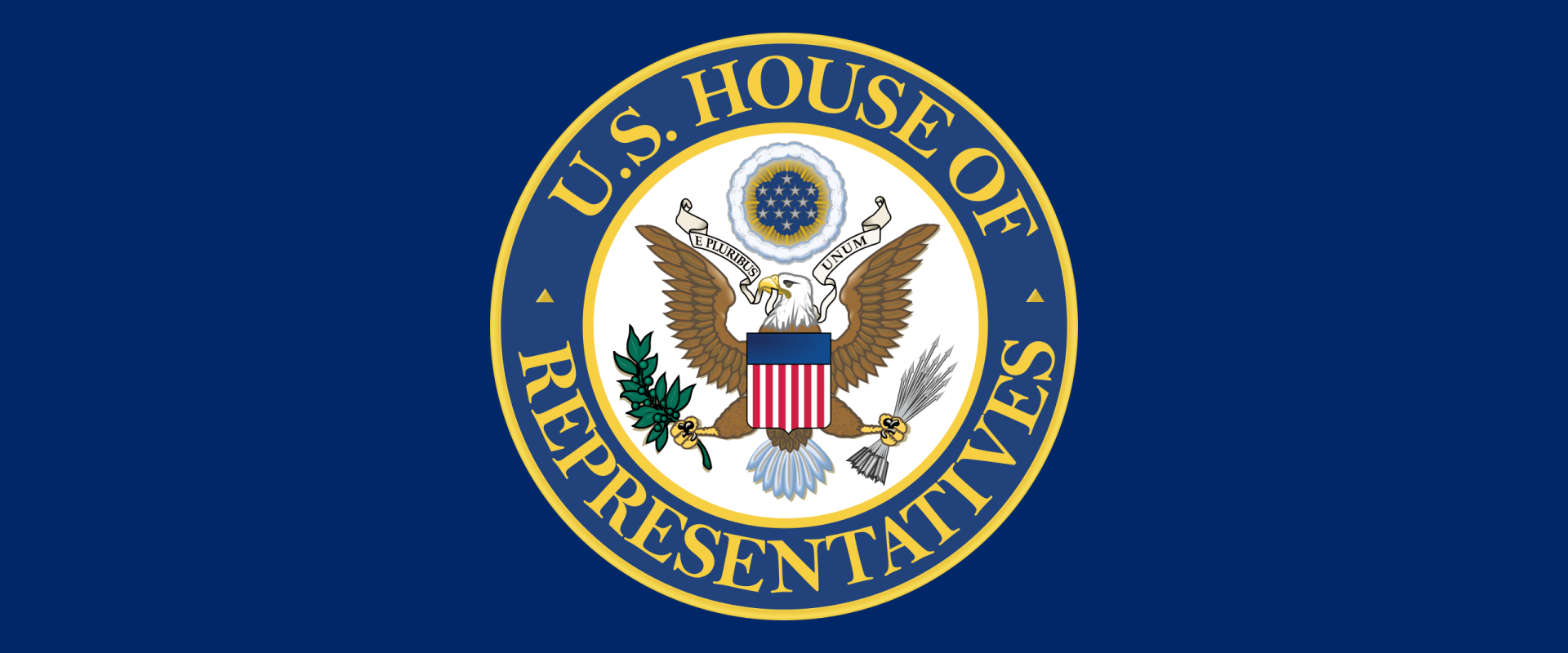Congressman Sherman Introduces the Housing Unhoused Disabled Veterans Act (HUDVA)

Washington, DC – Today, Congressman Brad Sherman (D-CA) and Congresswoman Monica De La Cruz (R-TX), along with Reps. Levin (D-CA), Carbajal (D-CA), Lieu (D-CA), Gottheimer (D-NJ), Cherfilus-McCormick (D-FL), Nickel (D-NC), Budzinski (D-IL), Foster (D-IL), Brownley (D-CA), Sessions (R-TX), Meuser (R-PA), Bacon (R-NE), Mast (R-FL), and Fitzpatrick (D-PA) introduced the Housing Unhoused Disabled Veterans Act (HUDVA), to get homeless disabled veterans into the housing built exclusively for them on veteran land. This legislation would amend the Department of Housing and Urban Development’s (HUD) definition of annual income to exclude disability payments received by a veteran for eligibility purposes for housing built under the Housing and Urban Development-Veterans Affairs Supportive Housing (HUD-VASH) Program.
Currently, many disabled veterans – that need that assistance most – are unable to access housing programs for veterans because of how income is defined. The more severe a disability is, the more disability benefits a veteran receives, and the less likely it is that they can access veterans housing assistance.
“There is nothing more shameful than a homeless disabled veteran that lost a limb, defending us, and is now on the streets,” said Congressman Brad Sherman. “This bill will ensure that a veteran’s disability benefits will no longer close the door to the housing they vitally need by excluding such benefits from a veteran’s income calculation.”
“Ensuring our homeless disabled veterans have access to the housing they need is not just a moral imperative, it's a debt of honor owed to those who have sacrificed so much for our country. The Housing Unhoused Disabled Veterans Act (HUDVA) will serve as a beacon of support, providing tangible assistance and dignity to those who bravely defended our nation. I look forward to working with Rep. Sherman in a bipartisan manner to exclude disability income from a veteran's income calculation for HUD-VASH, as well as the Community Development Block Grant Program eligibility.” said Congresswoman De La Cruz.
“No veteran who fought tirelessly for our freedoms should find themselves without a home or the benefits they deserve. We must advance bipartisan commonsense solutions to get unhoused veterans inside, and this bill presents a pragmatic approach by excluding disability payments as income for the purpose of veterans’ eligibility for housing,” said Rep. Levin. “This bipartisan bill would open housing opportunities to thousands of veterans nationwide, providing our heroes with much-deserved aid. I’m grateful to Rep. Sherman for working with me on this bill and I look forward to it moving quickly through the legislative process.”
“A veteran’s benefits are a recognition of their important service and sacrifices for our nation. Those benefits should never be the reason a veteran is disqualified from other programs that we have set up to help them keep a roof over their head," said Rep. Carbajal. "Our federal tax authorities already recognize that these benefits should not be treated as income, and it’s time for our federal housing programs to do the same.”
“It is outrageous that right now, the more severe a veteran’s disability is, the harder it is for them to access housing assistance through the HUD-VASH Program,” said Rep. Lieu. “This bill makes a much-needed fix by changing HUD’s definition of annual income to exclude disability benefits so that disabled veterans are not penalized in the process of finding safe housing. I’m grateful to Congressman Sherman for leading this effort to cut through red tape and ensure homeless disabled veterans can access the housing that was built for them.”
The HUD-VASH program plays a pivotal role in addressing homelessness among veterans by providing rental assistance from HUD along with supportive services from the VA. However, due to restrictive Area Median Income (AMI) caps and inclusion of disability benefits in a veteran’s annual income calculation, many homeless disabled veterans are unjustly disqualified from accessing this vital support.
The HUD-VASH program has tried to fix this problem with small tweaks over the years. But these solutions have been insufficient since multiple funding sources (federal, state, local, or private) with separate income eligibility thresholds finance a single veterans housing project. The funding source with the lowest eligibility threshold is used for the housing project. Regardless of the funding source or eligibility threshold, the same definition of income: What counts as income will be the same for all funding sources, but the income eligibility limit will vary by program. To address the root of the problem, the Housing Unhoused Disabled Veterans Act (HUDVA) will amend the existing law that defines income eligibility for veterans housing programs like HUD-VASH.
There are many other federal programs for which veteran disability payments are not considered income, such as for income tax purposes. This legislation would address this inconsistency in existing federal law by appropriately excluding disability benefits from a veteran’s income for housing eligibility purposes.
###